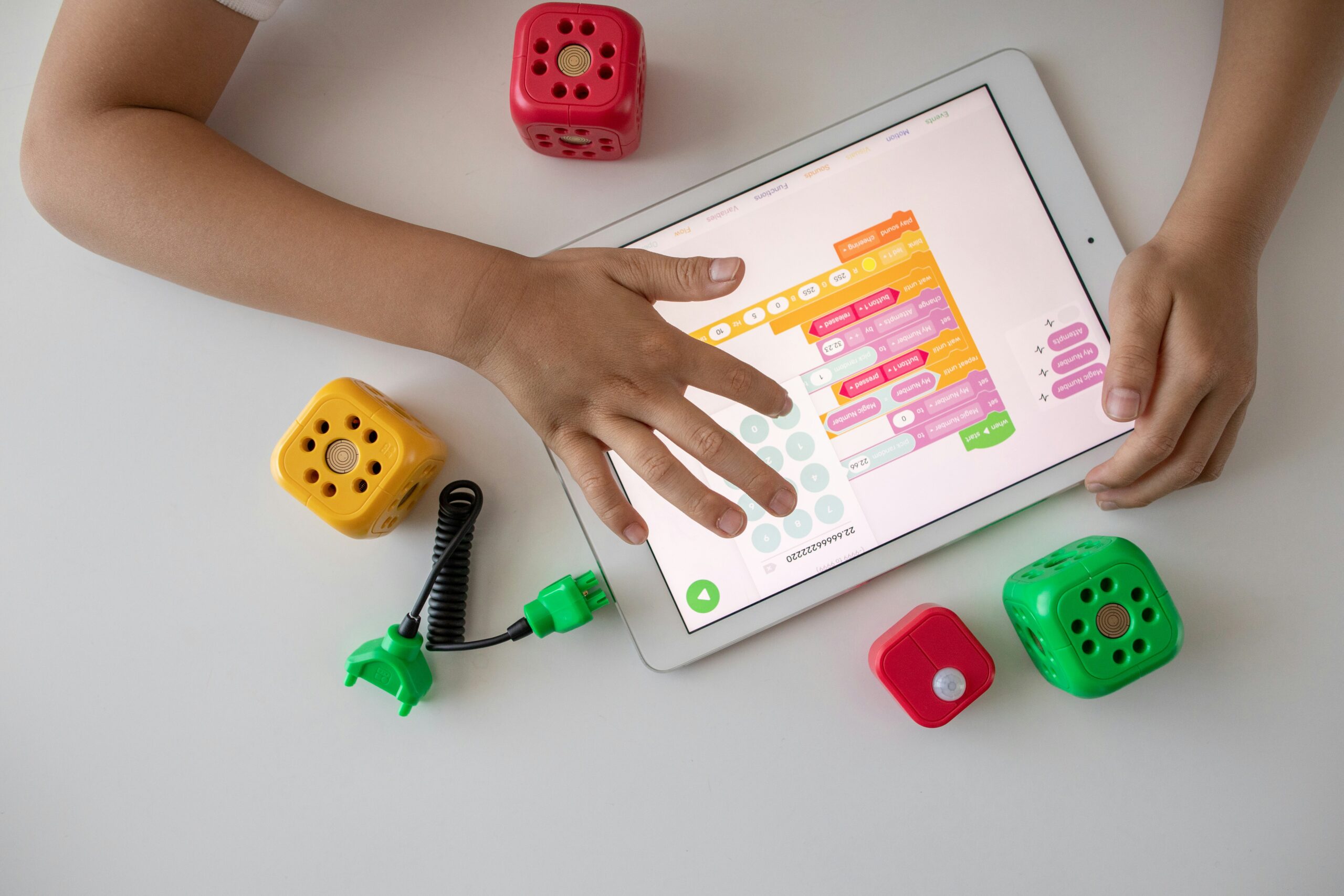Introduction
Education is the foundation of human civilization. It plays a crucial role in personal development, social progress, and economic growth. Throughout history, education has evolved to meet the needs of societies, preparing individuals for work, citizenship, and lifelong learning. In this blog, we will explore the significance of education, its history, challenges, modern trends, and its future impact.
The Importance of Education
Education is a powerful tool that shapes individuals and societies in various ways. Below are some of the fundamental reasons why education is essential:
1. Personal Development
Education enhances critical thinking, problem-solving, and creativity. It helps individuals acquire knowledge, skills, and attitudes necessary to navigate the world effectively. A well-educated person can make informed decisions, analyze situations logically, and adapt to changing environments.
2. Economic Growth
Countries with strong education systems tend to have robust economies. Education equips individuals with the skills needed for employment, entrepreneurship, and innovation. Nations that invest in education experience higher productivity, lower unemployment rates, and improved living standards.
3. Social Development
Education fosters social cohesion by promoting values such as tolerance, equality, and respect. It empowers marginalized groups, reduces discrimination, and enhances social mobility. A well-educated population is more likely to engage in civic activities and contribute positively to society.
4. Health and Well-being
Educated individuals tend to make healthier lifestyle choices. They are more aware of nutrition, hygiene, and disease prevention. Education also contributes to lower birth rates, improved maternal health, and reduced child mortality.
5. Technological Advancements
Education fuels scientific discoveries and technological advancements. It enables researchers, engineers, and scientists to develop solutions for global challenges such as climate change, energy sustainability, and medical breakthroughs.

The Evolution of Education
Education has undergone significant transformations over centuries. Let’s take a look at its historical evolution:
1. Ancient Education Systems
- Early education was informal, with knowledge passed down orally through generations.
- Ancient civilizations such as Egypt, Greece, and China developed structured education systems focusing on philosophy, mathematics, and literature.
- The Gurukul system in India emphasized personalized learning and holistic development.
2. Medieval Education
- The Middle Ages saw the rise of religious institutions that controlled education.
- Universities emerged in Europe (e.g., Oxford, Cambridge) focusing on theology, medicine, and law.
- Education was primarily for the elite, with limited access for common people.
3. Industrial Revolution and Modern Education
- The 18th and 19th centuries marked a shift toward formal schooling.
- Governments introduced public education systems, making schooling more accessible.
- Education curricula expanded to include science, engineering, and humanities.
4. Digital Age and Contemporary Education
- The 21st century has seen an explosion in online learning, e-learning platforms, and digital classrooms.
- STEM (Science, Technology, Engineering, Mathematics) education has gained prominence.
- Personalized learning and skill-based education are replacing traditional rote memorization methods.
Challenges in Education
Despite its importance, education faces several challenges worldwide:
1. Access to Education
- Millions of children worldwide still lack access to quality education.
- Rural areas and developing nations struggle with inadequate schools and resources.
- Gender disparities continue to hinder education for girls in some regions.
2. Quality of Education
- Many education systems focus on rote learning rather than critical thinking.
- Poor infrastructure and lack of trained teachers affect learning outcomes.
- Outdated curricula fail to meet the demands of modern industries.
3. Affordability
- Higher education remains expensive, limiting opportunities for many students.
- Student loan debt is a growing crisis in several countries.
4. Technology Divide
- While digital learning is growing, not all students have access to technology.
- The digital divide creates inequalities in learning experiences.
5. Mental Health Issues
- Academic pressure, competition, and rigid assessment systems contribute to student stress and anxiety.

Modern Trends in Education
To address these challenges, education is undergoing transformations with innovative approaches:
1. Online and Hybrid Learning
- Platforms like Coursera, Udemy, and Khan Academy provide free or affordable courses.
- Universities are offering online degrees and certifications.
2. Artificial Intelligence in Education
- AI-driven personalized learning tailors content to students’ needs.
- Virtual tutors and chatbots assist learners in real-time.
3. Project-Based and Experiential Learning
- Hands-on learning is gaining traction in schools and universities.
- Real-world projects enhance problem-solving skills.
4. Lifelong Learning and Skill Development
- Continuous education is essential in the fast-changing job market.
- Micro-credentials and online certifications help professionals upskill.
5. Inclusive Education
- Schools are adapting to accommodate students with disabilities.
- Multilingual and multicultural education is growing.
The Future of Education
Looking ahead, education will continue to evolve to meet societal and technological changes. Some key predictions include:
1. Virtual and Augmented Reality
- VR and AR will revolutionize classroom learning with immersive experiences.
- Students can explore historical sites, conduct virtual science experiments, and practice real-world skills in simulated environments.
2. Gamification of Learning
- Game-based learning will make education more interactive and engaging.
- Learning apps will use rewards, challenges, and leaderboards to enhance motivation.
3. Blockchain in Education
- Secure digital credentials will replace traditional certificates.
- Blockchain will enable verification of academic records instantly.
4. Universal Access to Quality Education
- AI-driven platforms may provide free, high-quality education globally.
- Open-source curricula will make learning more accessible.
5. Focus on Emotional Intelligence and Soft Skills
- Future education will emphasize communication, empathy, teamwork, and leadership.
- Schools will integrate mental health awareness and emotional well-being programs.
Conclusion
Education is the key to unlocking human potential. While challenges persist, ongoing innovations are paving the way for a more inclusive, accessible, and effective education system. Governments, educators, and technology leaders must collaborate to ensure that every individual has the opportunity to learn, grow, and contribute to society. The future of education is bright, and its impact on individuals and nations will continue to shape our world for generations to come.
